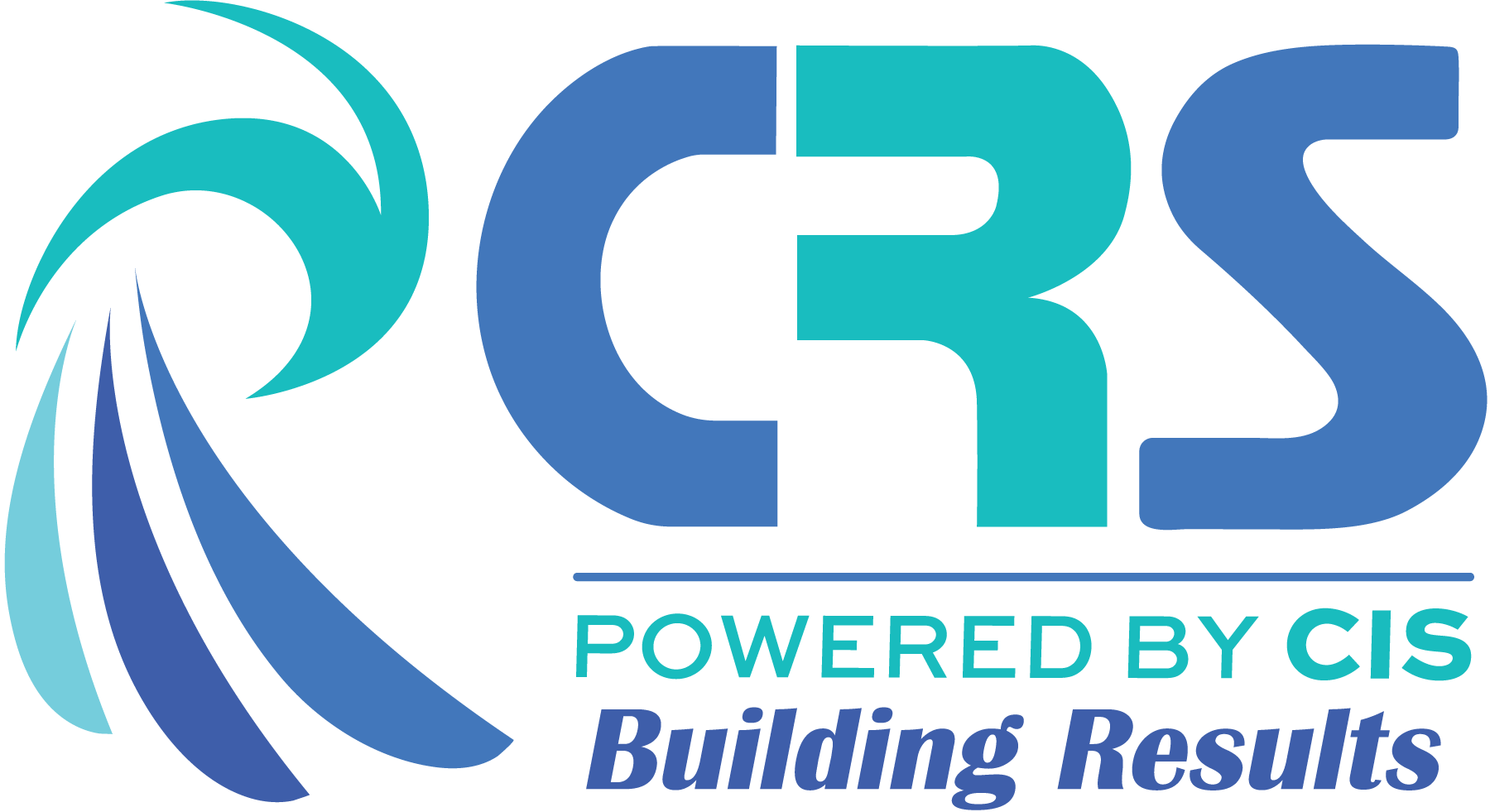Hello, I’m Matt Rogers from Contractors Risk Solutions (CRS). Today, I want to discuss a critical aspect of managing your subcontractors: ensuring they possess valid Certificates of Insurance (COIs). This practice is vital for businesses of all sizes, particularly in the small to mid-market insurance sectors.
The Prevalence of Errors in Workers’ Compensation Audits
It’s alarming to note that approximately 70% of workers’ compensation insurance audits contain errors. These inaccuracies often arise from misclassifications, improper handling of 1099 employees, and incorrect payroll reporting. Such errors can lead to significant overcharges, causing financial strain on businesses.
A Common Scenario: Misclassified Subcontractor Payroll
Consider a recent case where a contractor faced charges for a subcontractor with an $85,000 payroll. The contractor believed that, as a 1099 worker, this subcontractor’s payroll shouldn’t impact their workers’ compensation. However, without proper documentation, insurance companies may classify subcontractors as employees, leading to unexpected charges.
Why Are Subcontractors Included in Your Workers’ Comp Audit?
Many contractors question why they’re charged for subcontractors during audits. The answer lies in the documentation. Without valid COIs and proof of active licenses, insurance companies may hold you responsible for subcontractors’ workers’ compensation, especially if they or their employees get injured on the job.
Steps to Protect Your Business
- Obtain Certificates of Insurance: Always collect a COI from every subcontractor before they commence work. This document verifies their insurance coverage, including workers’ compensation. https://www.ezcoi.com/InsuredHowItWorks.aspx
2. Verify Licenses: Ensure that your subcontractors hold active licenses in your state. This verification adds a layer of legitimacy and compliance.
3. Regularly Review Documentation: Don’t just file away COIs. Regularly review them to confirm ongoing compliance and coverage. Misma
The Impact of Mismanagement
Failing to manage COIs properly can result in:WCIRB+3RedHammer+3Profiting From Safety+3
- Financial Liability: Your company could be held responsible for accidents or damages caused by uninsured subcontractors.Profiting From Safety+2myCOI | myCOI+2RedHammer+2
- Legal Complications: Inadequate documentation can lead to legal disputes and potential breaches of contract.Profiting From Safety
- Operational Delays: Issues arising from uninsured subcontractors can cause project delays and increased costs.
Conclusion
Ensuring that your subcontractors are licensed and insured is not just a bureaucratic step—it’s a crucial practice to protect your business from unnecessary expenses and legal issues. By diligently collecting and verifying Certificates of Insurance and licenses, you can mitigate risks and focus on successful project completion.Sadler & Company+1Profiting From Safety+1
If you have any questions or need further assistance on this topic, feel free to reach out to me. I’m here to help you navigate these complexities and ensure your business remains protected.

